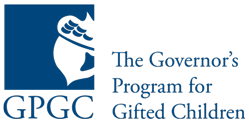Here are some reports from the teachers of each of our afternoon classes for the last week in the Program. We have organized them by class:
Choir (Ms. Colette Tanner, Instructor)
We are working to perfect and memorize our performance repertoire. We will also be working on Final “Bridge” Projects. The students will “BRIDGE THE GAP” between academics and the arts by researching a song or composer and representing the song/composer in a creative way. (i.e. poetry, visual arts, film, etc)
We are putting the finishing touches on our concert repertoire. Also, our “BRIDGE PROJECTS” are due on Friday. This is a wonderful group of students that have made remarkable strides over these last 6 weeks. We will still have rehearsals next week. I hope to see you all at the CHOIR CONCERT on Saturday, July 21.
Debate (Ms. Jessica Markstrom, Instructor)
We prepared for debates last Friday. We had the first set of debates today, Thursday. There was a value debate regarding whether cats are better than dogs and a policy debate regarding the cell phone policy at the GPGC.
This week students engaged in debates. Debates followed policy, value, and fact formats. Several returning students showed exceptional growth. All students improved upon their previous debates.
Critical Thinking (Mr. Robert Markstrom, Instructor)
The short week did not allow for activities beyond games. On Friday students chose which games they would like to play out of an assortment of games. Games like Contagion and Nightmare Chess were available. On Thursday students prepared for the game tournament next week.
This week was a game tournament. The games included in the tournament were available on most game days this summer. Games in the tournament: Blokus, Hippos and Crocs, Q-Bitz, Score 4, Set, Speed Chess, and Twixt. Each game involves strategy and follows a zero sum format except set and Q-Bitz. Set and Q-Bitz deal with pattern recognition under a time constraint.

